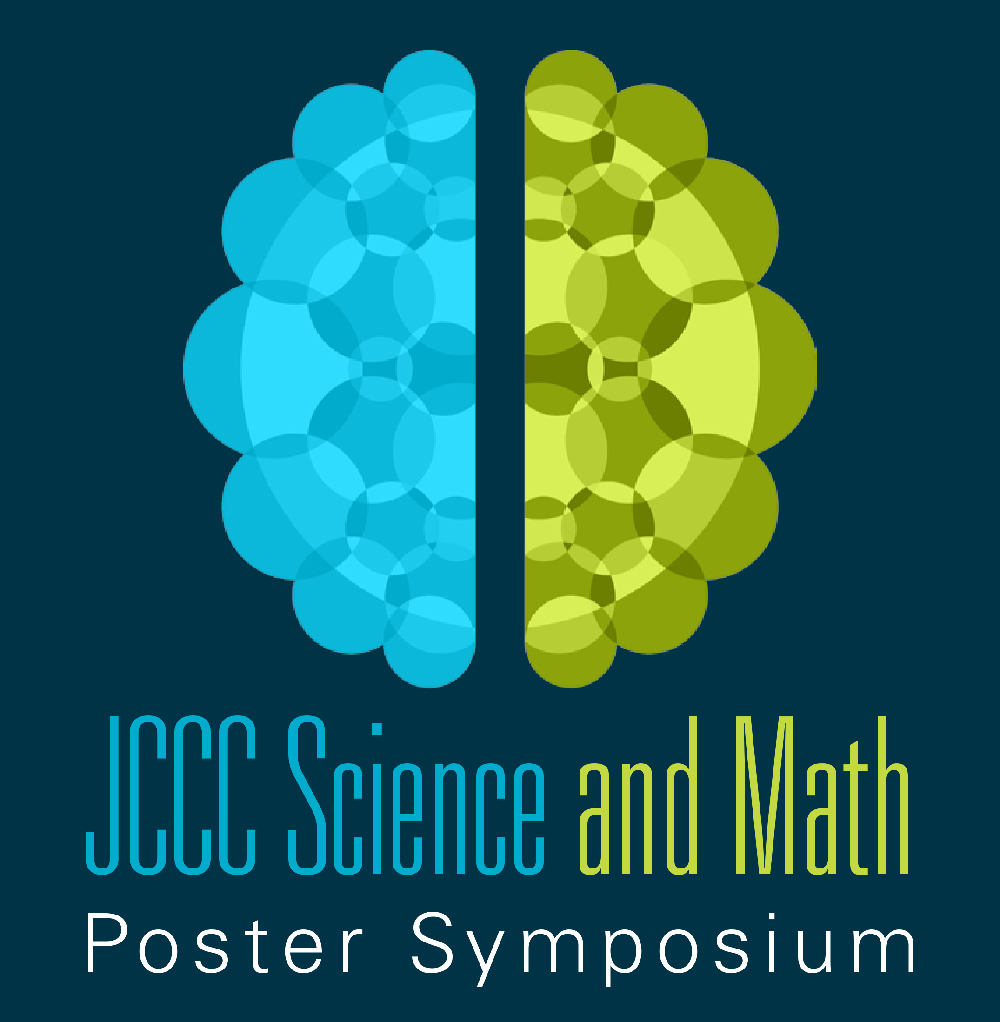Antibiotic producing from soil bacteria
Location
CoLab
Start Date
3-5-2019 10:30 AM
End Date
3-5-2019 11:45 AM
Document Type
Poster
Description
Abstract: Antibiotic resistance in bacteria has overcome the medical crisis. This results in bacteria multiplying rapidly and changes the effect of the human health and spread the population. In my class of Microbiology Lab 231, students did experiments to find antibiotic-producing bacteria from a combination of serial dilution plates. This experiment gives a purpose to see how colonies are formed from our soil and see how antibiotic is being produced from our bacteria. After doing this experiment, students were able to produce their colonies and find many antibiotic producing bacteria. This experiment shows students that these antibiotic resistances contributes to the lack of new antibiotics being developed. The use of safe relatives of ESKAPE pathogens helped determine if they could potentially produce a metabolite that would inhibit highly resistant bacterial species. These “safe relatives” are common bacterial species found in our environment and these safe relatives will give us a good idea of how our candidates are making and inhibit the effect on antibiotic-resistant pathogens. This lab experiment influences antibiotic production by growing bacteria under different conditions in the environment. In the next experiment we will be performing the PCR, metabolic testing and sequencing involvement of microorganisms nonrecoverable in culture media and help identify what species of bacteria we are growing from the DNA that codes for the 16s rRNA.
Image
Antibiotic producing from soil bacteria
CoLab
Abstract: Antibiotic resistance in bacteria has overcome the medical crisis. This results in bacteria multiplying rapidly and changes the effect of the human health and spread the population. In my class of Microbiology Lab 231, students did experiments to find antibiotic-producing bacteria from a combination of serial dilution plates. This experiment gives a purpose to see how colonies are formed from our soil and see how antibiotic is being produced from our bacteria. After doing this experiment, students were able to produce their colonies and find many antibiotic producing bacteria. This experiment shows students that these antibiotic resistances contributes to the lack of new antibiotics being developed. The use of safe relatives of ESKAPE pathogens helped determine if they could potentially produce a metabolite that would inhibit highly resistant bacterial species. These “safe relatives” are common bacterial species found in our environment and these safe relatives will give us a good idea of how our candidates are making and inhibit the effect on antibiotic-resistant pathogens. This lab experiment influences antibiotic production by growing bacteria under different conditions in the environment. In the next experiment we will be performing the PCR, metabolic testing and sequencing involvement of microorganisms nonrecoverable in culture media and help identify what species of bacteria we are growing from the DNA that codes for the 16s rRNA.


Comments
The faculty supervisor for this project was Melissa Beaty, Biology.